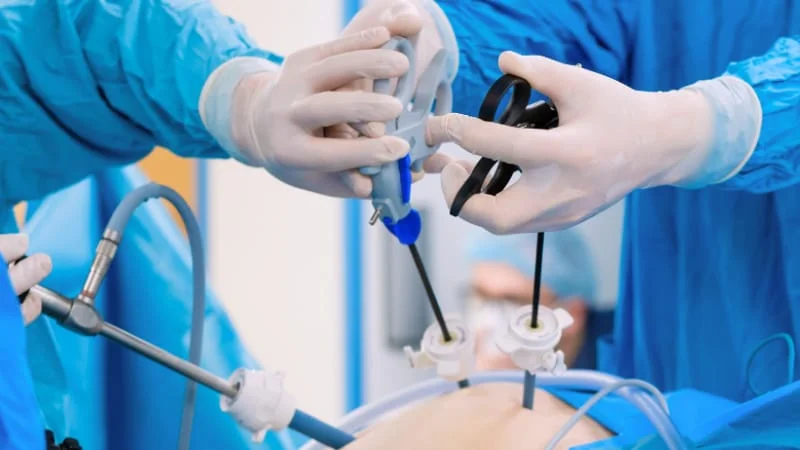Colorectal cancer diagnosis can be challenging, and surgery is often a significant aspect of the treatment plan. If you want to feel empowered and prepared, you should have a clear understanding of the procedure and your surgeon\’s approach. Please go through some of the key questions to ask your colorectal cancer surgeon before surgery:
Understanding Your Surgeon’s Experience
How many colorectal cancer surgeries have you performed? Experience is essential in complex medical procedures like colorectal cancer surgery. You should know your surgeon\’s volume of cases that can instill confidence in their expertise.
What is your success rate for these surgeries?
The success rates of surgeries can differ based on individual circumstances. However, understanding the surgeon\’s typical outcomes can give you valuable insight.
Are you board-certified in colon and rectal surgery?
Board certification ensures that the surgeon has undergone the rigorous training and experience standards required for this specialty.
Understanding the Surgical Procedure
What type of surgery do you recommend for my specific surgery?
There are different surgical approaches available for colorectal cancer. These approaches depend on the location and stage of the cancer. Feel free to discuss your surgeon\’s recommendation and their reasoning behind it.
Can you explain the surgery in detail?
Understand the steps involved in the surgery, including potential risks and benefits. This valuable information related to your surgery will help you make informed decisions.
Is laparoscopic surgery an option for me?
Laparoscopic surgery involves minimally invasive techniques that often lead to faster recovery times and less pain. Feel free to discuss the feasibility of laparoscopy for your specific case.

Recovery and Follow-up Care
What can I expect after surgery in terms of pain management and recovery time?
Understanding what to expect post-surgery can help you plan your recovery journey. Your surgeon can provide you with the necessary details about pain management strategies and typical recovery timelines.
What kind of follow-up care will I need?
Regular follow-up appointments are significant after colorectal cancer surgery. Discuss the frequency and types of follow-up appointments you can expect with your surgeon.
What are the potential long-term side effects of the surgery?
You should be familiar with the potential long-term effects like bowel issues or sexual dysfunction. Discuss these consequences openly with your surgeon.
Additional Considerations
Do you have a team of specialists involved in my care?
Colorectal cancer treatment often includes a multidisciplinary team, involving oncologists and radiologists. You should never hesitate to ask about the team members involved and their roles in your care.
What are my dietary restrictions after surgery?
Dietary changes might be necessary for the post-surgery. You can ask your surgeon about the specific recommendations for dietary restrictions.
Explore Related Colorectal Cancer Resources
As you prepare for surgery, it helps to explore other key aspects of colorectal cancer care. For example, understanding colorectal cancer risk factors may help you identify potential lifestyle triggers or hereditary influences. If you’re looking to learn more about advanced techniques, consider reading about the importance of choosing an experienced laparoscopic colorectal surgeon in Singapore.
In addition, patient education is crucial. Our dedicated guide on navigating colorectal cancer surgery in Singapore empowers you with insights on preoperative preparation, surgical options, and recovery care. All of this information ensures you are well-informed every step of the way.
Bottom Line – Remember that it’s about your surgery and your health. Never hesitate to ask any additional questions that come up during your consultation. You need to have a clear understanding of the entire procedure and your surgeon’s approach. Understanding these details can help you approach surgery with confidence and a sense of control.







